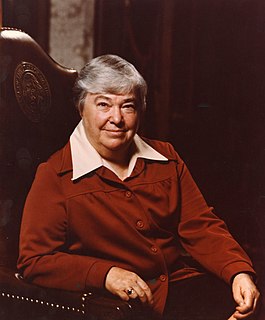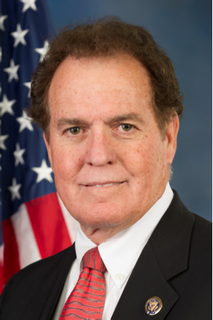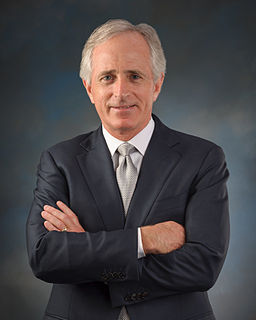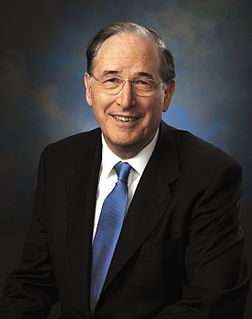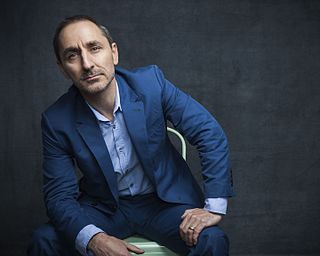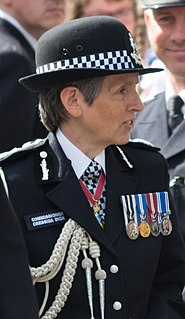A Quote by Tulsi Gabbard
What I'm saying is it is our responsibility to exercise due diligence, to ask the tough questions, to get the evidence before we make those very costly decisions about how and when and where our military is used.
Related Quotes
If you don't put the spiritual and religious dimension into our political conversation, you won't be asking the really big and important question. If you don't bring in values and religion, you'll be asking superficial questions. What is life all about? What is our relationship to God? These are the important questions. What is our obligation to one another and community? If we don't ask those questions, the residual questions that we're asking aren't as interesting.
We are more connected than ever before, more able to spread our ideas and beliefs, our anger and fears. As we exercise the right to advocate our views, and as we animate our supporters, we must all assume responsibility for our words and actions before they enter a vast echo chamber and reach those both serious and delirious, connected and unhinged.
Yes, we can pay the interest on the debt. We can renew the $500 billion worth of bonds that are coming due. We can mail out our Social Security checks. We can make sure those Medicare claims are honored. We can pay our military. We can protect our veterans. But when you get beyond that, the soup gets a little thin.
Before we start anything creatively, we have a firm understanding of our objective and our frame of mind for the campaign. Who's our audience, and what's their day-to-day behavior? How can we complement those behaviors? How is our message more than an interruption? Why would people care about what we're saying?
It's funny how you can't ask difficult questions in a familiar place, how you have to stand back a few feet and see things in a new way before you realize nothing that is happening to you is normal. The trouble with you and me is we are used to what is happening to us. We grew into our lives like a kernel beneath the earth, never able to process the enigma of our composition...Nothing is normal. It is all rather odd, isn't it, our eyes in our heads, our hands with five fingers, the capacity to understand beauty, to feel love, to feel pain.
That is the great thing about policing, you do have a lot of responsibility very early and you have got to make decisions, sometimes life and death decisions, very quickly and there is something about putting a uniform on and thinking 'people are looking to me to make decisions and to look after them' that makes you feel capable.
I would argue that if you understand how the cells of the brain are organized into circuits, almost computational circuits if you will, and we see how information flows through those circuits and how it's transformed, we might have a much firmer grasp on why our brains make decisions the way that they do. If we get a handle on that, maybe we can overcome some of our limitations and at the very least we'll understand why we do what we do.

